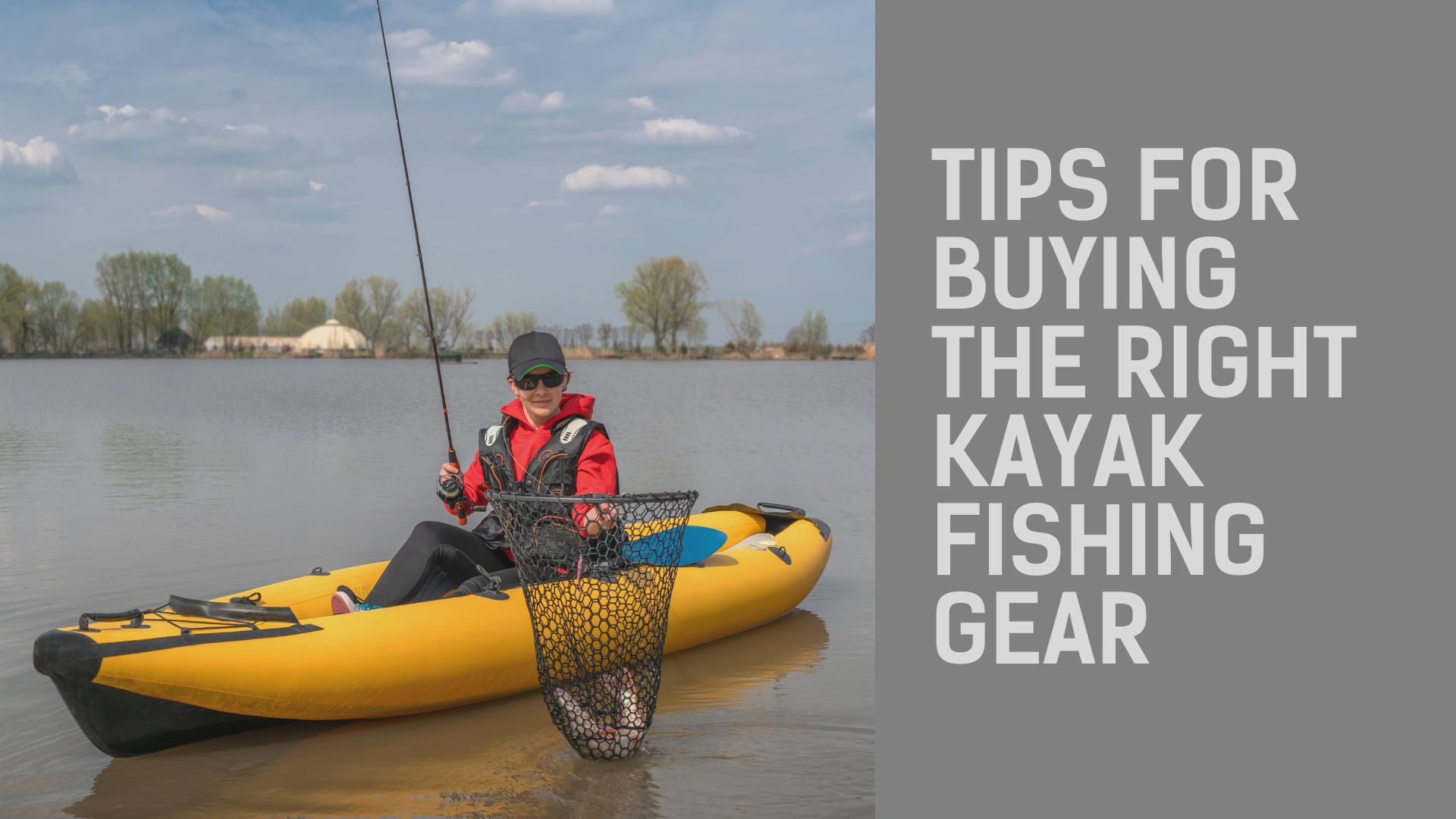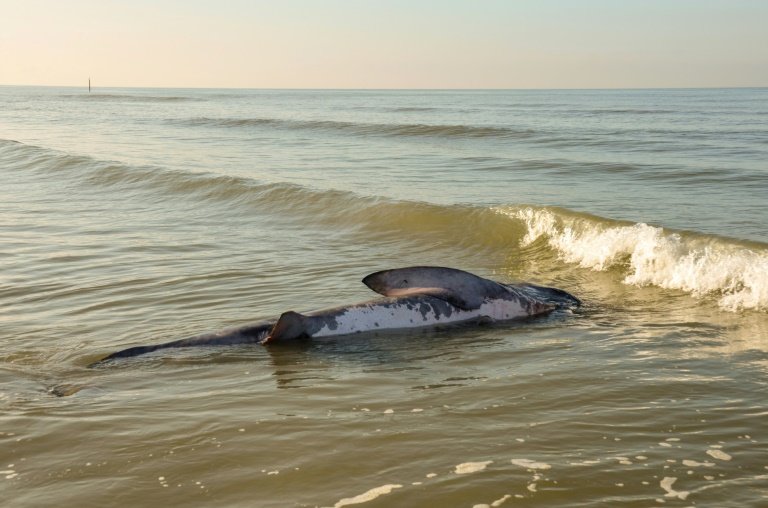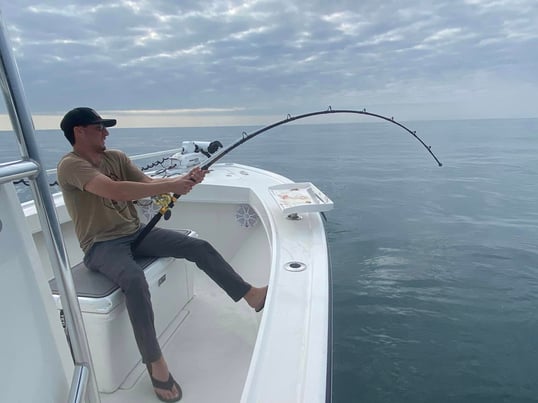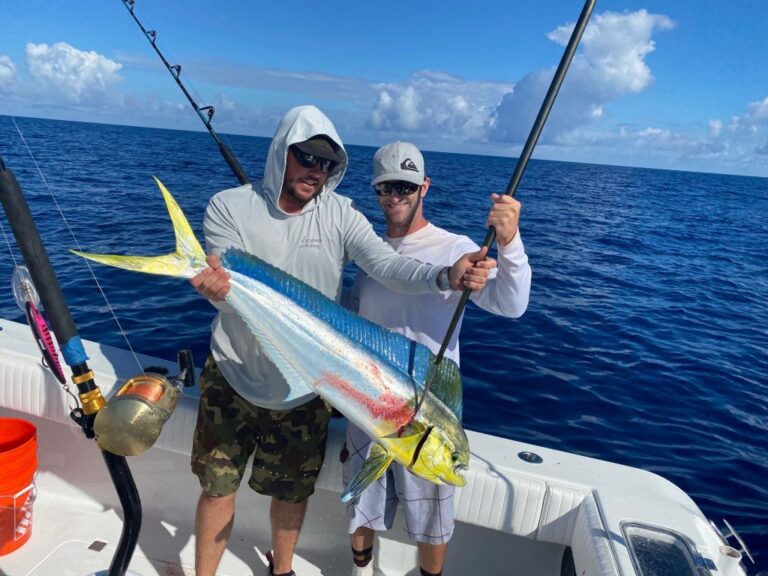Deep sea fishing safety precautions include wearing a life jacket and ensuring proper boat maintenance. When heading out on a deep-sea fishing excursion, it is crucial to prioritize safety.
The open waters can be unpredictable, so taking the necessary precautions is essential for a successful and safe trip. This article will highlight some key safety measures to keep in mind when embarking on a deep-sea fishing adventure. Whether you are an experienced angler or a novice, these precautions can help mitigate potential risks and ensure an enjoyable experience.
By following these guidelines and preparing adequately, you can minimize the chances of accidents, injuries, or emergencies while deep-sea fishing. Let’s explore some important safety precautions you should take before casting your line into the deep blue sea.

Credit: www.usharbors.com
Planning Your Deep Sea Fishing Trip
When it comes to planning a deep sea fishing trip, there are several important factors that you need to consider. From researching the best deep sea fishing locations to ensuring proper licensing and permits, taking these safety precautions can make your trip enjoyable and stress-free.
Let’s dive into the key points you should keep in mind before embarking on your adventure.
Researching The Best Deep Sea Fishing Locations
To have a successful deep sea fishing experience, it’s crucial to research and choose the right location. Consider the following points:
- Check for popular deep sea fishing destinations known for their abundant marine life and fishing opportunities.
- Look for locations with experienced fishing charters and captains who are familiar with the local waters.
- Consider the time of year and the specific season for the target fish species you wish to catch.
Checking Weather Conditions And Forecasts
When it comes to deep sea fishing safety, keeping an eye on the weather conditions is essential. Take note of the following:
- Stay updated with the latest weather forecasts for the day of your trip.
- Be aware of potential weather patterns such as strong winds, storms, or rough sea conditions.
- Consider rescheduling your trip if the weather is unfavorable or poses a risk to your safety.
Ensuring Proper Licensing And Permits
Before you head out on your deep sea fishing adventure, ensure you have the necessary licenses and permits. Remember these points:
- Research the specific fishing regulations and licensing requirements for the location you plan to fish in.
- Obtain the appropriate fishing licenses for both yourself and anyone accompanying you.
- Familiarize yourself with any size or catch limit restrictions to comply with conservation efforts.
By taking the time to plan your deep sea fishing trip carefully, you’ll maximize your chances of having a successful and safe experience. Remember to research the best fishing locations, check weather conditions and forecasts, and ensure you have the proper licensing and permits.
By following these safety precautions, you’ll be well-prepared for an exciting adventure on the open waters.
Essential Safety Equipment For Deep Sea Fishing
Deep sea fishing can be an exhilarating experience, offering the opportunity to catch some truly remarkable fish species. However, it’s important to prioritize safety when venturing out into the open ocean. Having the right safety equipment on board can make all the difference in ensuring a safe and enjoyable fishing trip.
In this section, we will discuss the essential safety equipment that every deep sea fisherman should have on board.
Life Jackets And Personal Flotation Devices (Pfds)
Life jackets and personal flotation devices (pfds) are essential safety gear for any water-based activity, including deep sea fishing. Here are some key points to consider:
- Always ensure that there are enough life jackets or pfds available for every person onboard the boat.
- Make sure that the life jackets or pfds are coast guard-approved and properly fitted for each individual.
- Educate everyone on the boat about how to properly wear and secure their life jackets or pfds.
- Wear your life jacket or pfd at all times, especially when the weather or sea conditions become rough.
- Regularly inspect life jackets or pfds for any signs of damage or wear and replace them if necessary.
Emergency Locator Beacons And Communication Devices
In the vast expanse of the ocean, it’s crucial to have a reliable means of communication and a way to signal for help in case of an emergency. Consider the following points:
- Invest in an emergency locator beacon that can transmit your location to search and rescue teams in case of an emergency.
- Carry a vhf marine radio or satellite phone to communicate with other boats, the coast guard, or emergency services.
- Keep extra batteries or a backup power source for your communication devices.
- Familiarize yourself with the operation of these devices and make sure they are in proper working condition before setting out.
First Aid Kits And Emergency Medical Supplies
Accidents can happen, even during the most well-planned fishing trips. Having a fully stocked first aid kit and emergency medical supplies on board can mean the difference between a minor inconvenience and a serious situation. Consider the following:
- Ensure that your first aid kit includes essential items such as adhesive bandages, sterile gauze, antiseptic wipes, and pain relievers.
- Consider including additional items such as seasickness medication, sunscreen, insect repellent, and any personal medications that may be needed by the passengers.
- Regularly check the expiration dates of the items in your first aid kit and replenish as necessary.
Safety Harnesses And Tethers For Waves And Rough Seas
When the sea conditions become rough, it’s important to have safety measures in place to prevent falls overboard. Here are some key points:
- Wear safety harnesses and tethers equipped with quick-release mechanisms to prevent accidents in rough seas.
- Attach the tether securely to a strong point on the boat, ensuring that it allows freedom of movement while providing safety.
- Regularly inspect safety harnesses and tethers for any signs of wear or damage and replace them if needed.
- Encourage everyone on board to use safety harnesses and tethers whenever the sea conditions warrant their use.
Remember, these safety precautions are crucial for a successful and enjoyable deep sea fishing experience. By prioritizing the safety of yourself and your fellow anglers, you can ensure a memorable adventure on the open waters. Stay safe and enjoy your time fishing!
Safety Measures Onboard For Deep Sea Fishing
Deep Sea Fishing Safety Precautions
Deep sea fishing can be an exhilarating experience, giving you the chance to catch large and exciting fish that you wouldn’t encounter close to the shore. However, it’s important to prioritize safety during your deep sea fishing expeditions. In this section, we will discuss some essential safety measures to follow while onboard for deep sea fishing.
Boat Inspections And Maintenance Checks
Before setting sail on your deep sea fishing adventure, it is crucial to conduct thorough inspections and maintenance checks on the boat. This will help ensure that the vessel is in good condition and can withstand the challenges of the open ocean.
Key points to consider include:
- Inspect the hull for any signs of damage or leaks.
- Check the boat’s navigational equipment, such as gps and compass, to ensure they are functioning properly.
- Verify that the safety equipment, such as life jackets, flares, and fire extinguishers, are accessible and in good working order.
- Examine the engine and fuel system for any faults or leaks.
- Inspect the fishing gear, including rods, reels, and lines, to ensure they are in optimal condition.
Familiarizing Yourself With Emergency Procedures
In the event of an emergency at sea, being prepared and familiar with the proper emergency procedures can make all the difference. Take the time to learn and understand the emergency protocols and equipment onboard. Consider the following:
- Familiarize yourself with the location and operation of life jackets, fire extinguishers, and other safety equipment.
- Know the proper procedures for reporting emergencies or distress signals.
- Understand the instructions for abandoning the boat and utilizing life rafts if necessary.
- Be aware of the communication channels available for contacting emergency services or nearby vessels.
Proper Stowing And Securing Of Fishing Equipment
To ensure a safe environment onboard, it is important to properly stow and secure all fishing equipment. Improperly stored equipment can pose a safety hazard and can lead to accidents. Here are some key points to remember:
- Store fishing rods, hooks, and other sharp objects in designated holders or cases to prevent injuries.
- Secure loose items to prevent them from falling and causing accidents.
- Keep the deck clean and free from any obstructions that could lead to slips or trips.
Establishing Communication Protocols With The Crew
Establishing clear communication protocols with the crew is essential for maintaining safety onboard during deep sea fishing trips. These protocols enable effective coordination and quick response in case of emergencies. Consider the following:
- Designate a primary communication channel, such as marine radios or satellite phones, for emergency situations.
- Develop a system for regular check-ins with the crew to ensure everyone’s well-being.
- Establish communication signals or codes to convey important information quickly and efficiently.
Remember, safety should always be your top priority when embarking on a deep sea fishing adventure. By following these safety measures onboard, you can ensure an enjoyable and secure experience for everyone involved.
Conclusion
Prioritizing safety during deep sea fishing trips is vital for a successful and enjoyable experience. By following the safety precautions outlined in this blog post, such as wearing appropriate safety gear, being aware of weather conditions, having proper training, and maintaining a vigilant attitude, you can mitigate risks and ensure the safety of yourself and your fellow anglers.
Additionally, regularly checking and maintaining your equipment, as well as having a thorough understanding of emergency procedures, will further enhance your preparedness on the water. Remember, safety should always be a top priority when engaging in any outdoor activity, and deep sea fishing is no exception.
By taking the necessary precautions, you can fully embrace the excitement and thrill of deep sea fishing while also ensuring a safe and memorable adventure.



